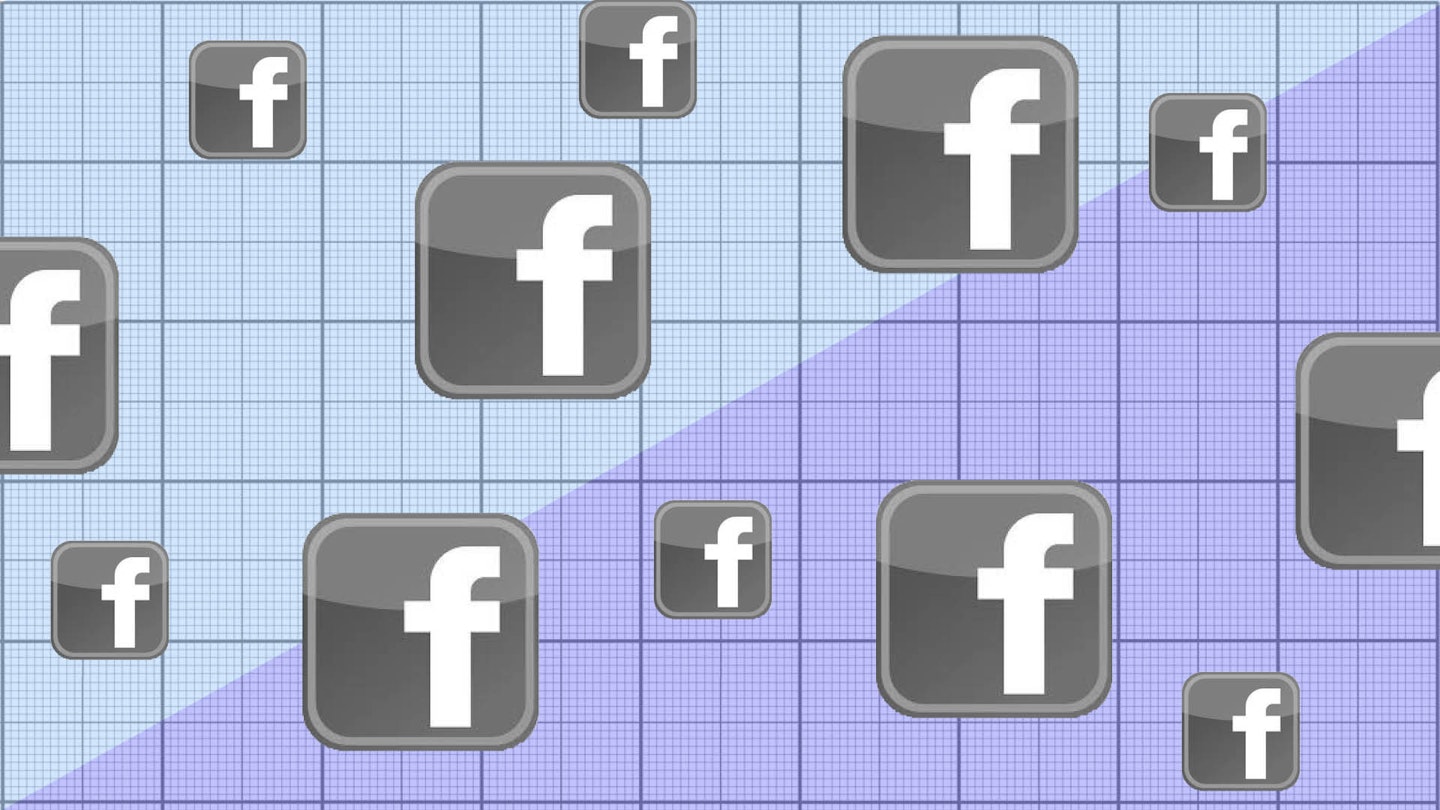A report by the Children’s Commissioner for England has warned that children in year 7 onwards aren’t able to handle the stresses of social media and honestly… same.
Researchers state that from age 10 children become over-dependent on likes for social validation and don’t know how to manage their accounts. They supposedly become increasingly anxious about ‘keeping up appearances’ online especially once they start following celebrities.
Feeling the desperate need to make your Instagram like-worthy? It only sounds like every person in the world. While I personally do not have the energy to create a cool edgy Insta aesthetic, I know tonnes of people who clearly devote their entire lives to creating the perfect illusion of their lives online. What does that do to the rest of us? Makes us feel like shit, that’s what.
While we’re all still obsessed with comparing our lives to other people (can we stop doing that in 2018, please?), seeing these supposedly amazing Instagram lives only leads to feeling less fulfilled in our own lives. We’re not crazy, Dr Paula Durlofsky has invested a lot of time into researching into how social media impacts our emotional wellbeing. She’s now so convinced of its detriment to our mental health that she asks about frequency of use in every psychological evaluation.
‘I ask this question because social media can exacerbate pre-existing symptoms like depression and anxiety and can contribute to making pre-existing feelings of low self-esteem worse,’
‘It’s human nature to want to showcase our successes and achievements but in reality, life involves boring days, disappointments both big and small, challenges and difficult times and those times aren’t as often posted on social media. When we are confronted with images on social media of great vacations, celebrations and the like, it can be difficult for one, especially if depressed and anxious, to remember that he/she is only seeing that persons high moments.’
Even I, an absolute failure at professional social media aesthetics (pretty sure there’s more pictures of drunk me than insightful me, in fact there’s literally no pictures of insightful me, let’s be real), am guilty of posting only the moments in life I want people to see. Despite not wearing make-up day-to-day, there’s no way I’d ever post a make-up free selfie on Instagram. There’s also no way I’d post about how I picked all the cheese off that amazing pizza union Pollo slice because I was too anxious to eat it. I’d talk about it openly with anyone, but post it to social media? Never.
This phenomenon of posting only our best, most brag-worthy selves was epitomized last week, when everyone and their dog felt the need to post their Instagram best nine and list every bastard thing they’d done in 2017. I can say with true assurance that NO ONE was equipped to deal with the endless bullet points about how amazing everyone else’s year was and how successful they’ve become.
So how can we equip ourselves to deal with it? Dr .Paula believes we should all be addressing why we use it, what we gain from it and how we feel when we don’t get the responses we want from it. Just being mindful of how and why we use social media can help reduce the negative effects.
‘Social media requires us to be reflective, thoughtful and mindful of its limits and its potential impact in our emotional well-being overall and at the time we use it. For example, if one isn’t in a great space on a particular day, skipping social media would probably be a good decision.’
If there’s any resolution I can get on board with, it’s skipping social media. Whether it’s one day or a forever, it’s bound to benefit your emotional and mental health.
Check out these natural anti-depressants...
Discover: Natural Anti Depressants
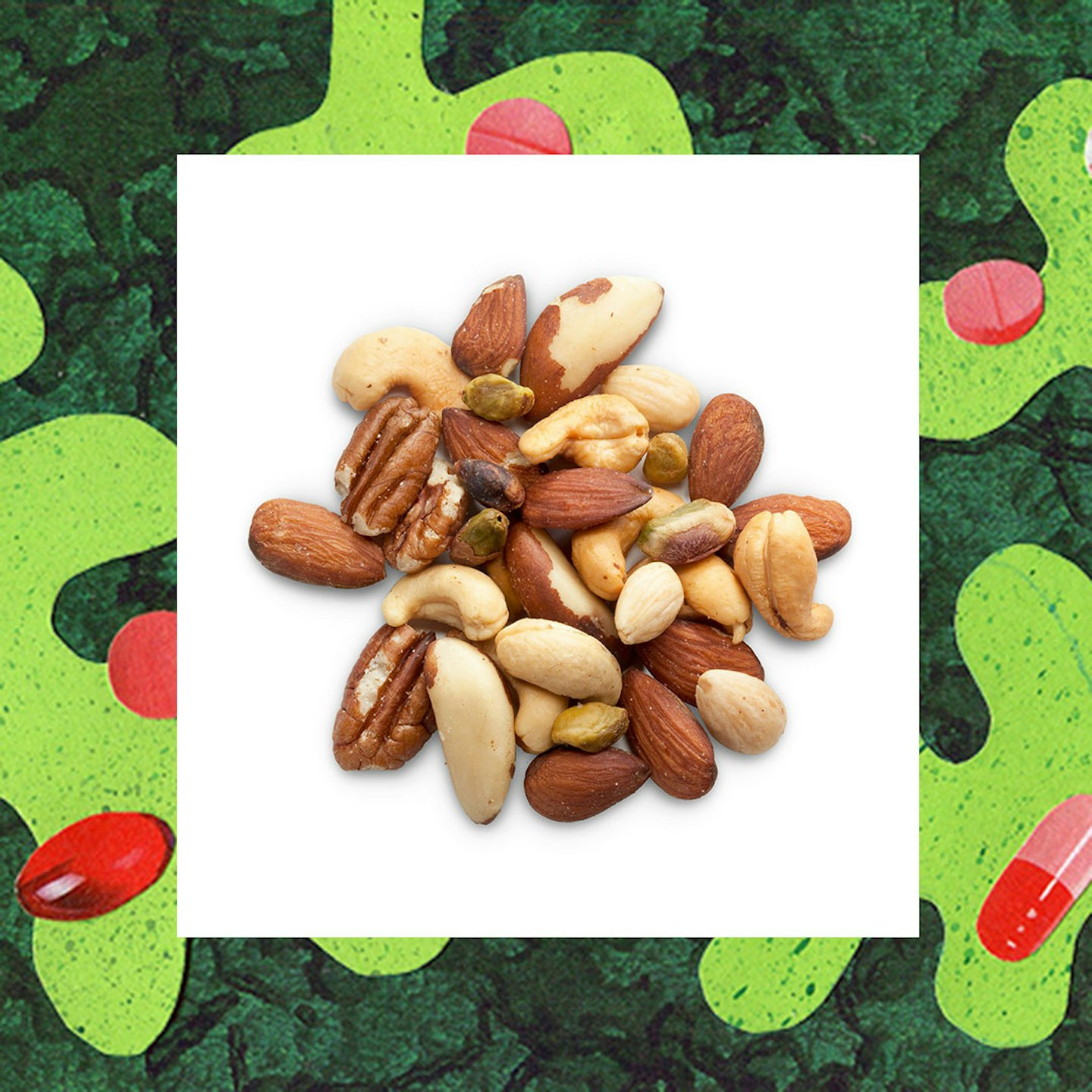 1 of 11
1 of 11Omega 3
Omega-3 fatty acids are essential minerals which reduce inflammation and are vital to brain functions such as mood and memory. Your body doesn't produce them naturally so you can only get them in you via food (like fish, nuts and seeds) or dietary supplements.
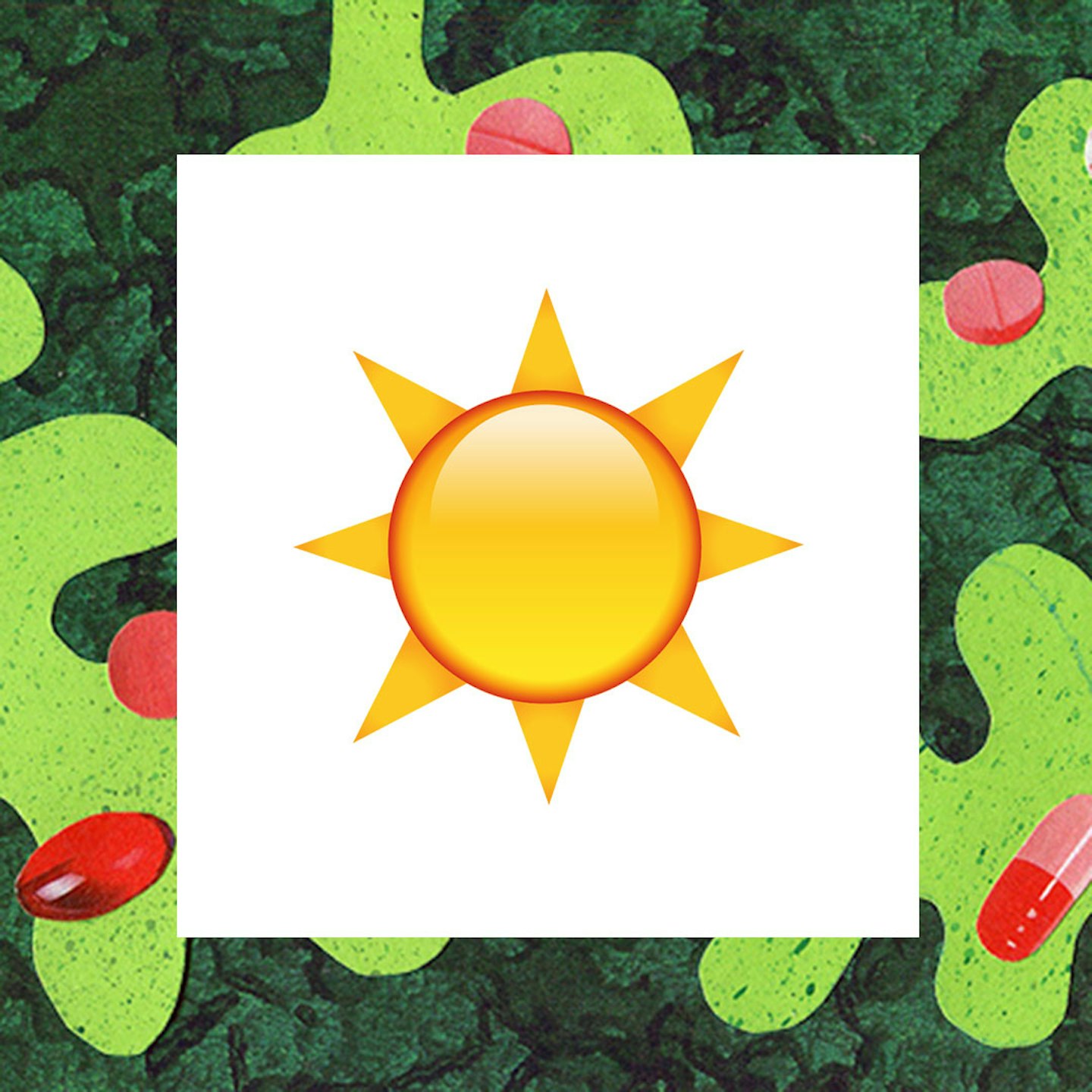 2 of 11
2 of 11Vitamin D
In addition to bone health, Vitamin D can play a vital role in the areas of the brain that are linked to the development of depression and other mental health problems.
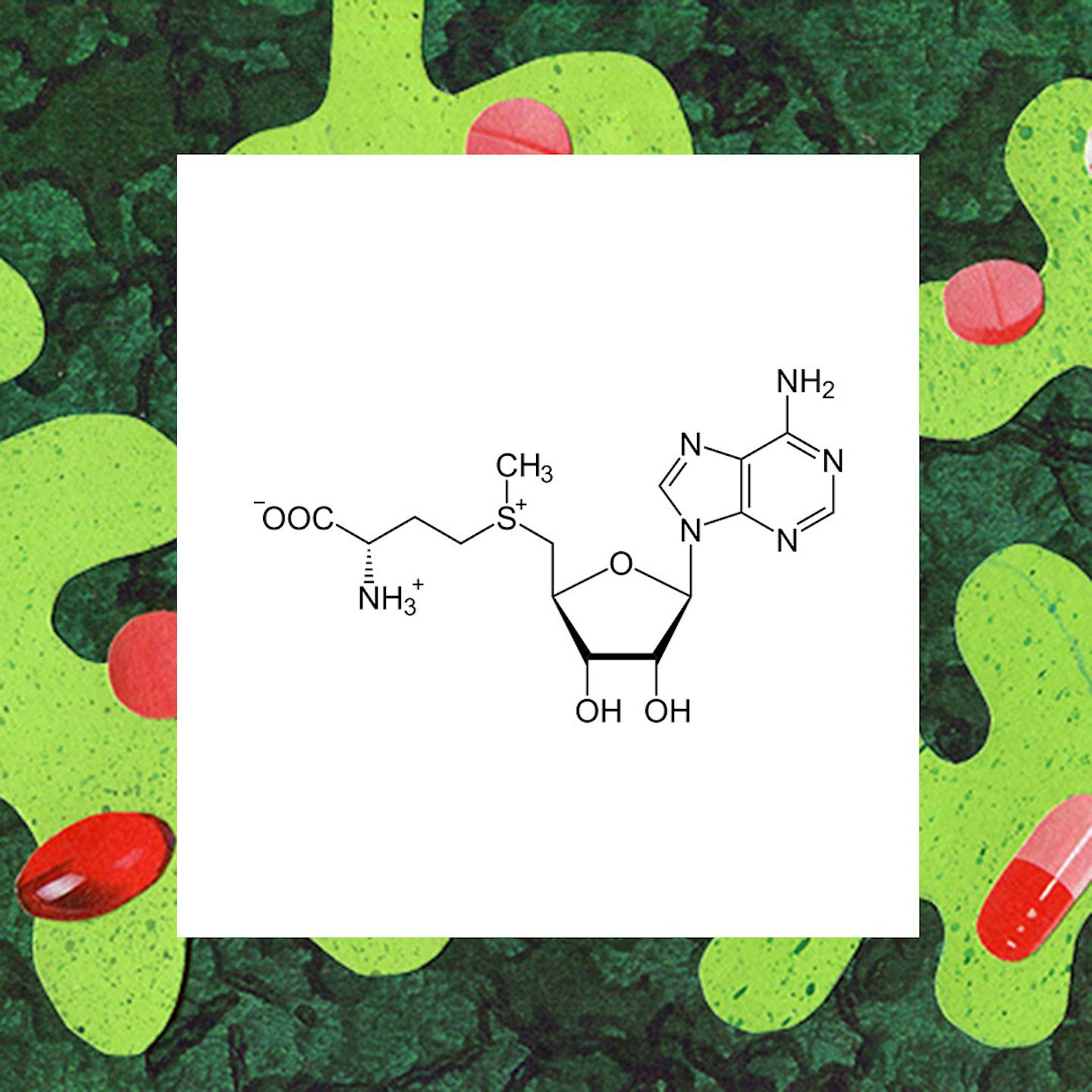 3 of 11
3 of 11S Adenosylemthionine
SAMeis a molecule that the body naturally forms and is available as a dietary supplement. In addition to depression and anxiety, it can be used for many other conditions including heart disease, fibromyalgia, tendonitis and many more. It is also recommended for PMS. It works by making sure that chemicals in the body that play a role in pain, depression, liver disease, and other conditions, actually do their job.
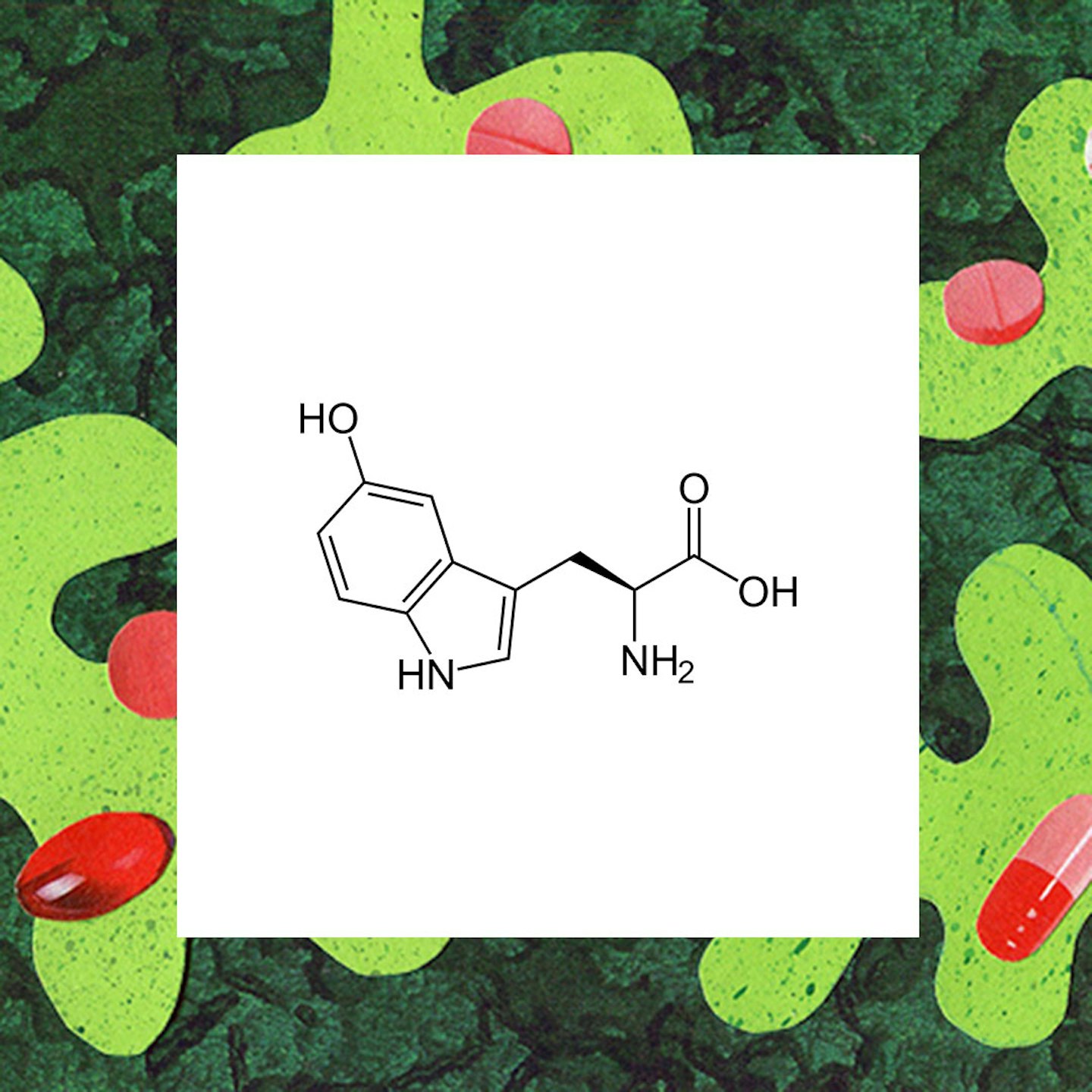 4 of 11
4 of 115-Hydroxytryptophan (5-HTP)
Like SAMe,5-HTP is also a chemical (an essential amino acid) that the body makes naturally. It works by helping to raise the serotonin (the happy hormone) levels in the brain. 5-HTP has been known to have a positive effect on sleep, mood, anxiety, appetite, and pain.
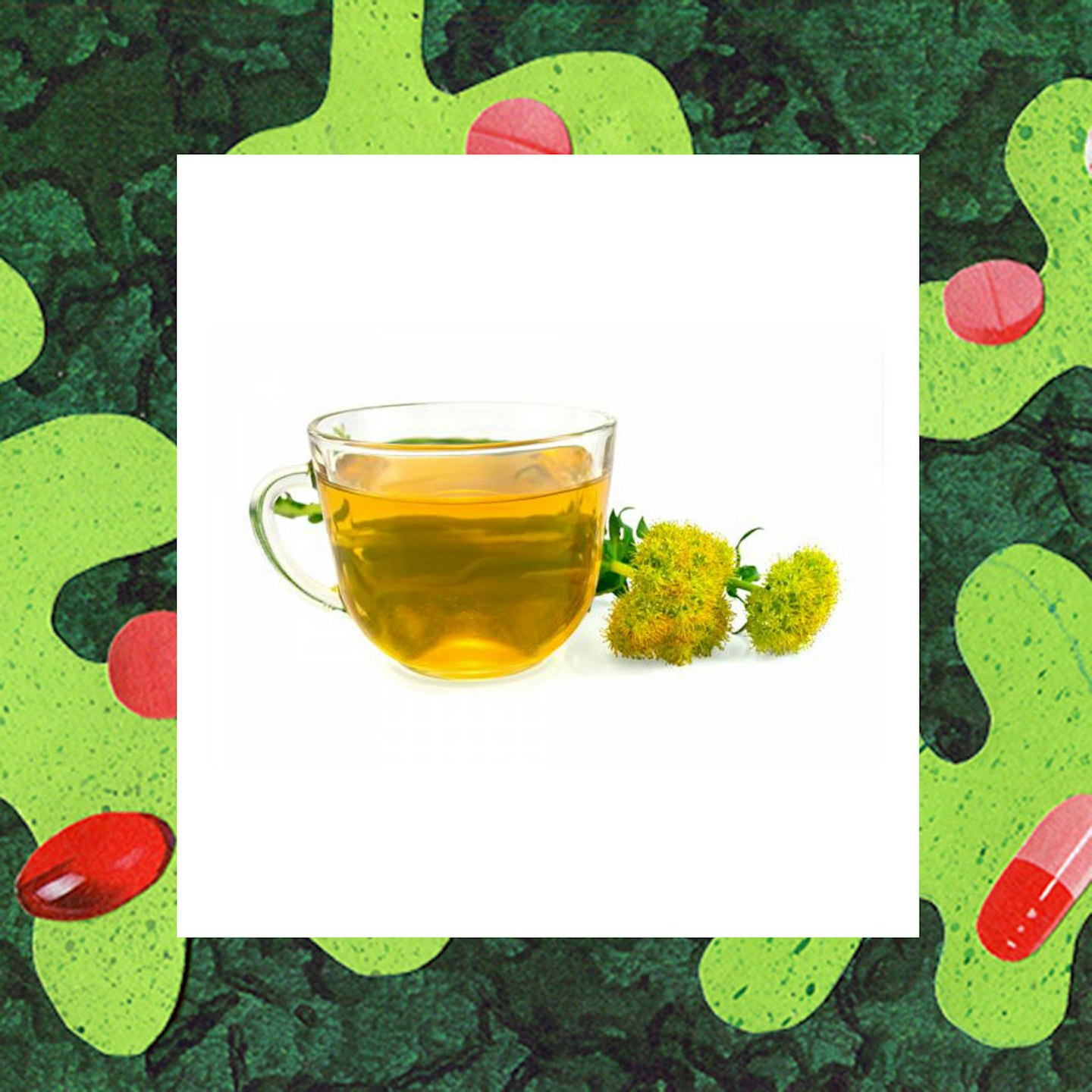 5 of 11
5 of 11Roseroot Herb
A study conducted on whether the Rhodiola Rosea (Roseroot) herb was effective for depression showed that it was almost as effective as the popular antidepressant, Sertraline (Zoloft), but with fewer side effects. The herb boasts strengthening the nervous system, fighting depression, enhancing the immune system and memory, elevating stamina, aiding in weight-loss and increasing sexual function.
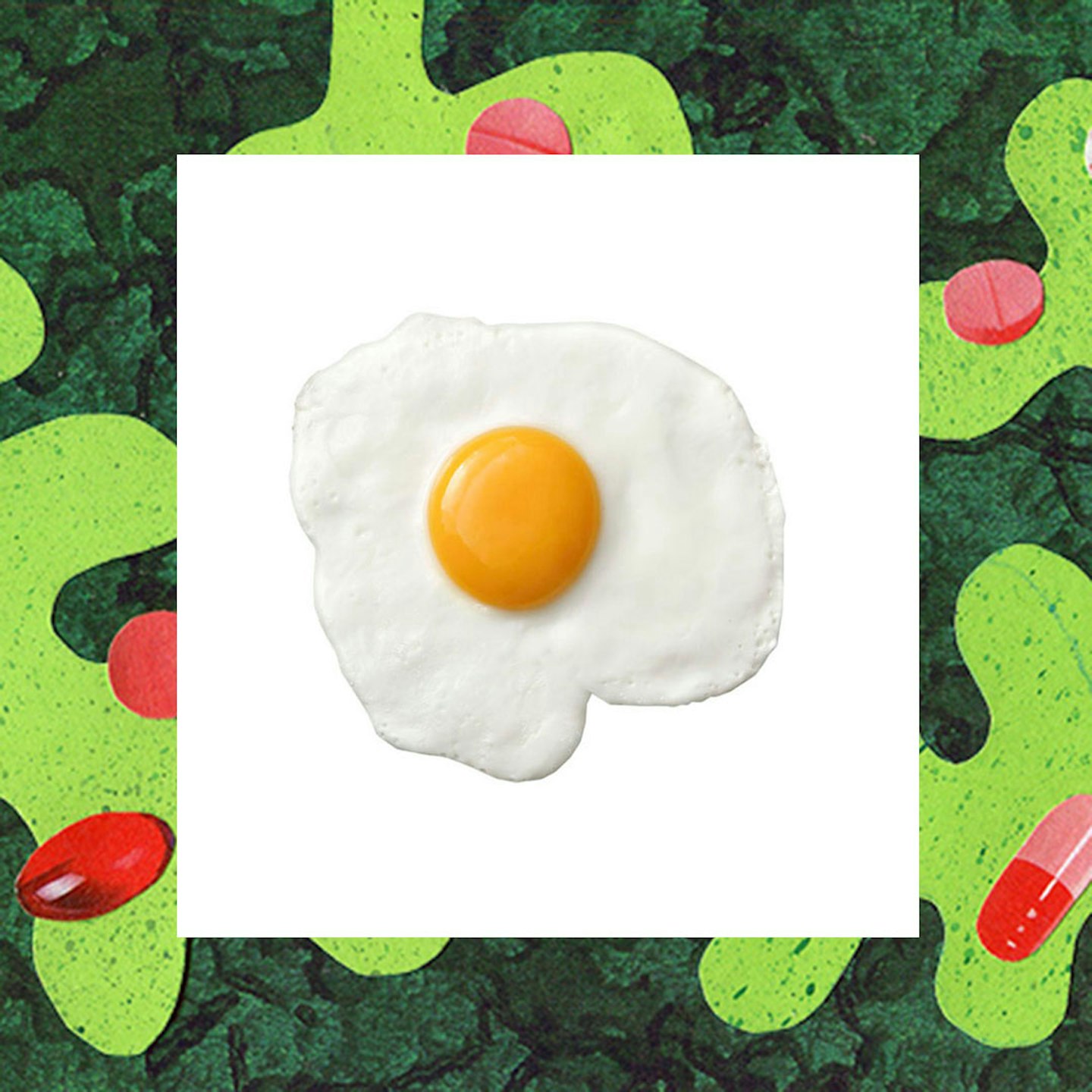 6 of 11
6 of 11Iron
A lot of adults, especially women, suffer from iron deficiency, and guess what? Iron deficiency symptoms are pretty similar to depression symptoms, i.e. fatigue, irritability, and foggy brain. The recommended daily iron allowance in adults is roughly 8 to 18 mg daily (check with your doctor though because everyone's number is different).
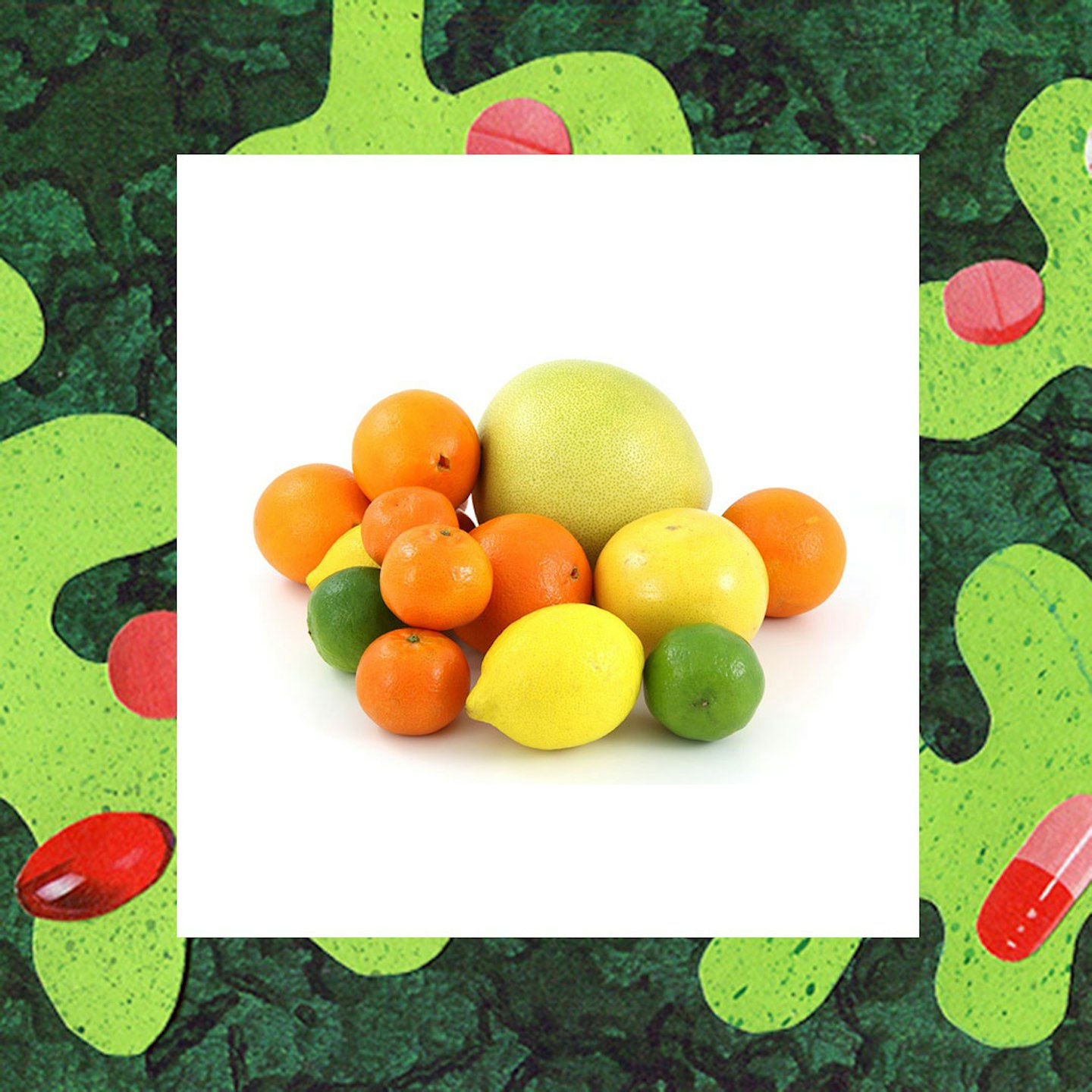 7 of 11
7 of 11Folate
If you don't have enough folate, antidepressants may not work. Some docs prescribe folate along with antidepressants to treat depression and improve the effectiveness the medication. Most adults need at least 0.4mg daily, which you can though food including dark leafy greens, beans and citrus fruit, or as a supplement.
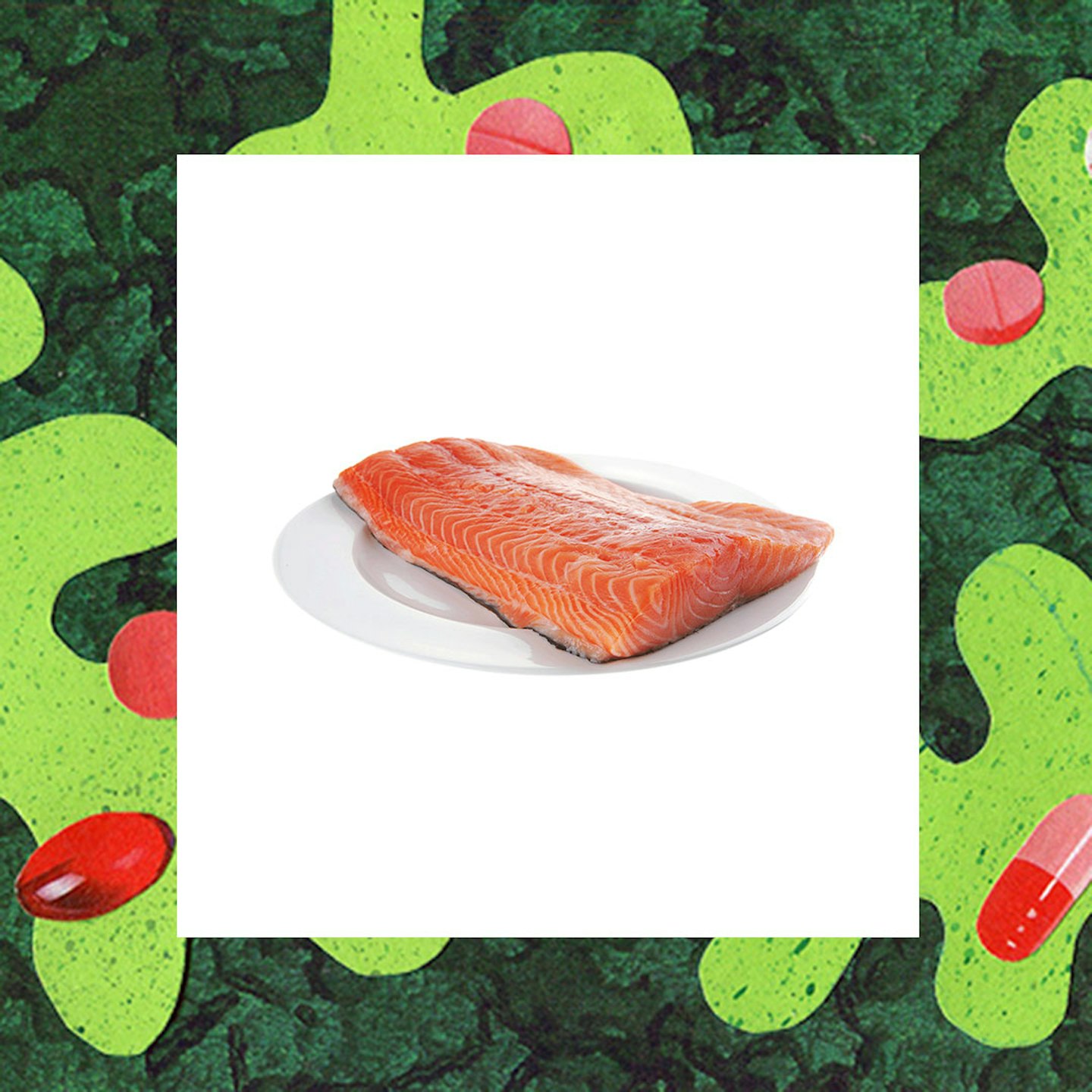 8 of 11
8 of 11B12
Vitamin B-12 and other B vitamins can play a role in producing mood-affecting brain chemicals and low levels of these may be linked to depression. If you have a poor diet and the body can not absorb enough B vits, your mood can be severely affected. Getting a blood test will determine how much of the B goodness you have in your system, and whether you need to stock up. B vitamins are found in animal products like milk, fish, meat and eggs, so if you are a vegan, you should definitely be getting your B's from dietary supplements and vitamins.
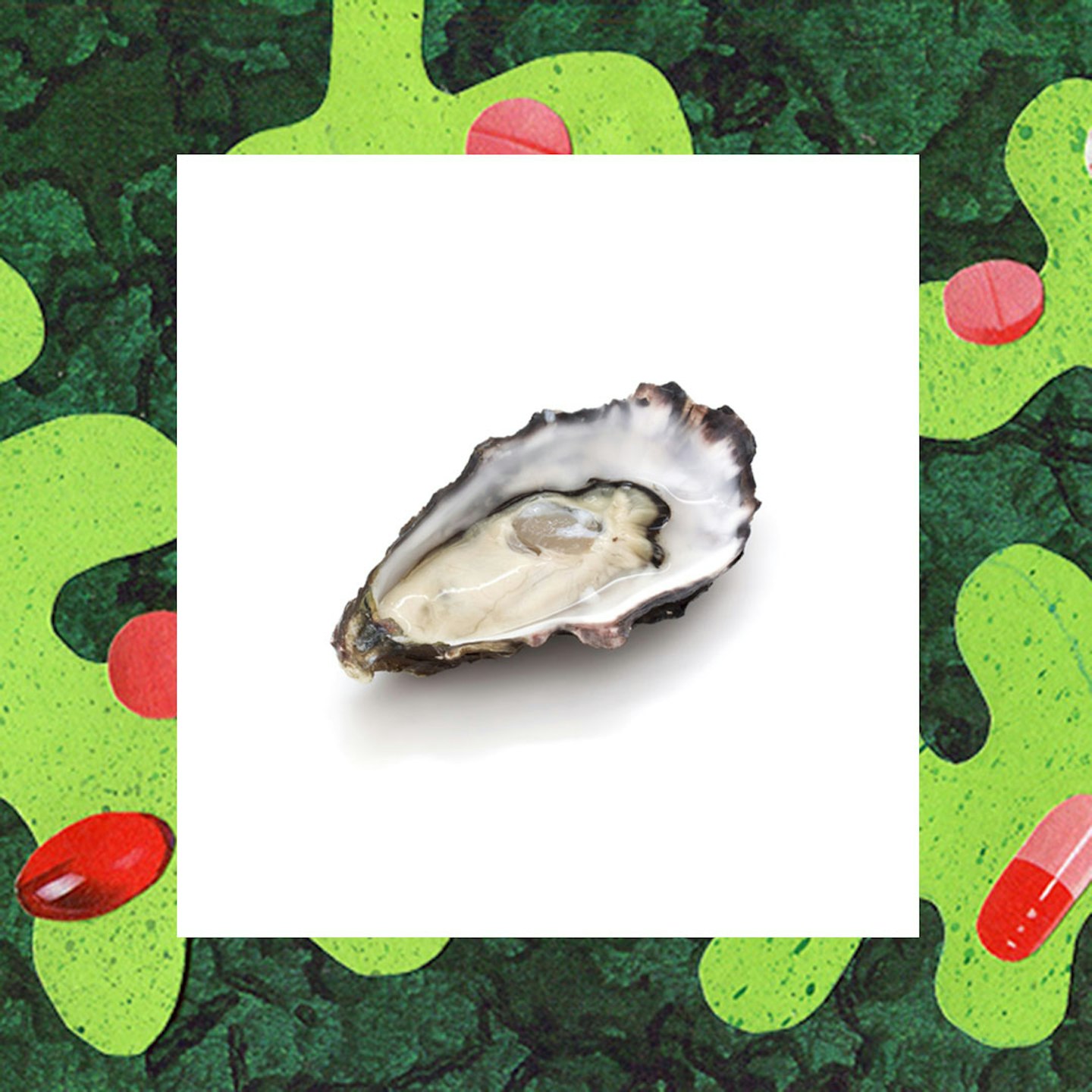 9 of 11
9 of 11Zinc
Zinc is crucial to our system as it activates our digestive enzymes breaking down food, and helps prevent food allergies, which can avert depression. It also helps our DNA to produce and repair proteins, control inflammation and boost our immune system.
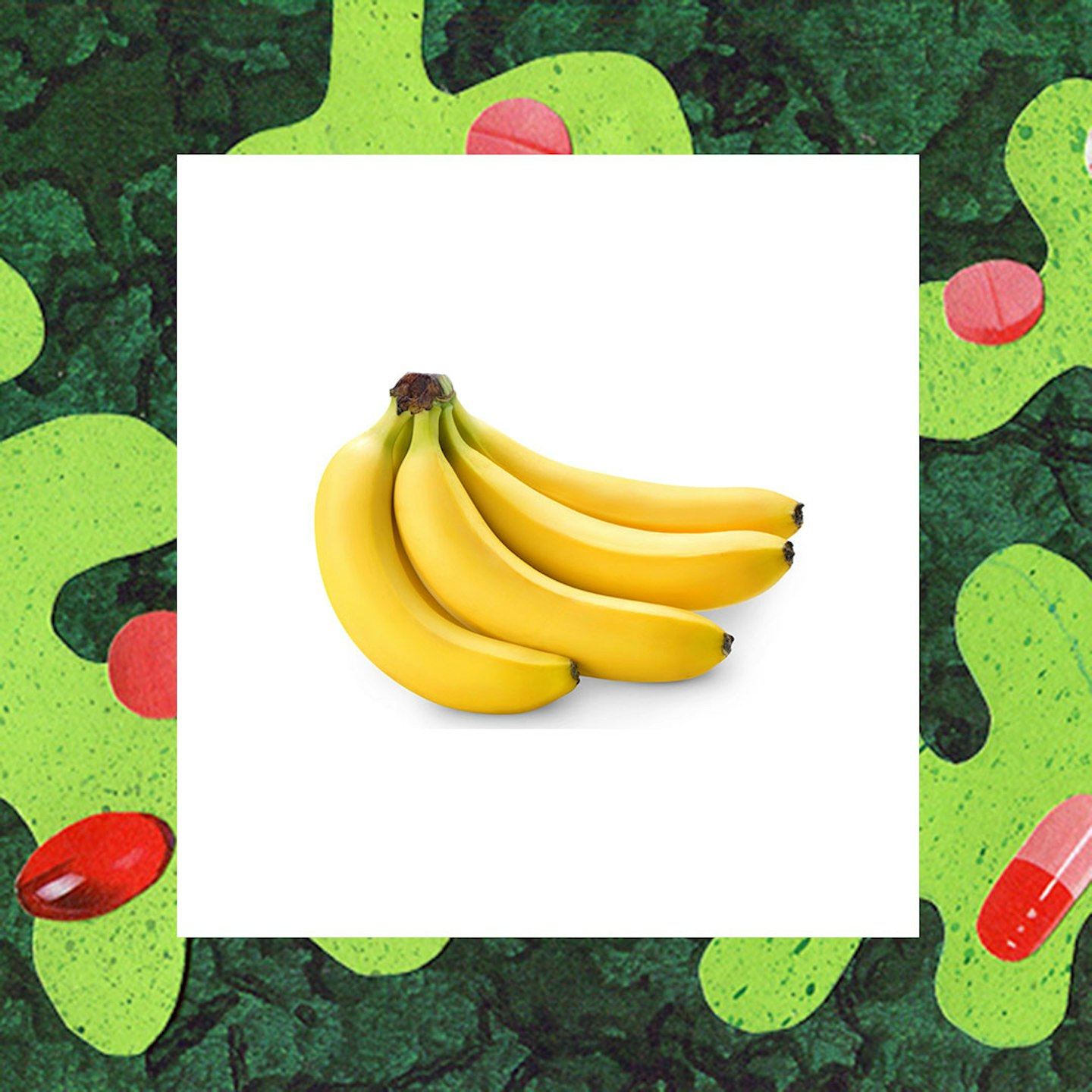 10 of 11
10 of 11Tryptophan
Tryptophan is an essential amino acid which you get through food such as bananas, tamarind, oats, sesame seeds, kiwi and watermelon. Once in the body, it converts to niacin, serotonin and melatonin. Most antidepressants work by increasing the amount of serotonin in the brain and Tryptophan helps to increase serotonin levelswithout the extreme side effects of meds.
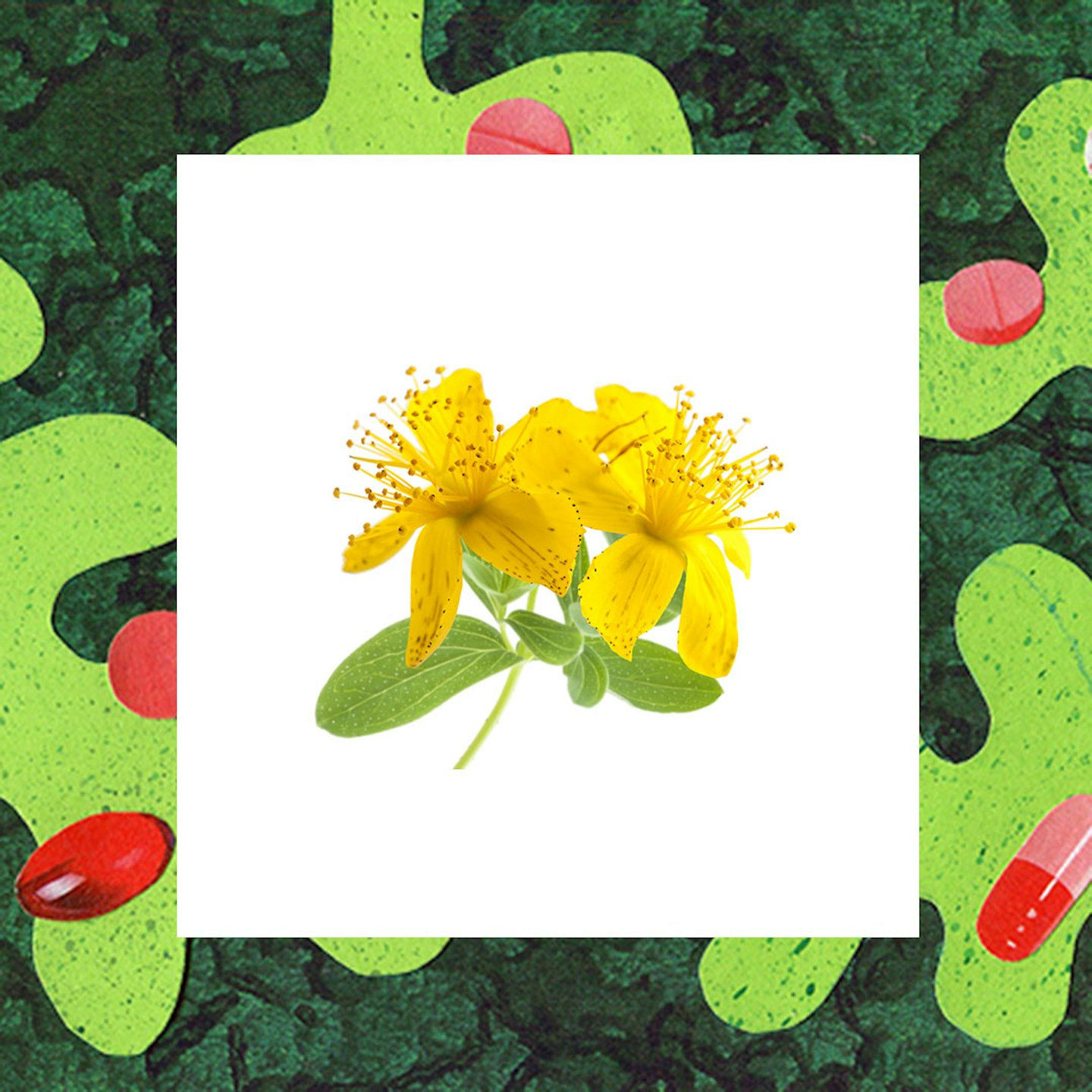 11 of 11
11 of 11St John Wort
St John's Wort has been around for yonks and is one of the most popular natural methods used for dealing with stress, anxiety and depression. It's a plant with yellow flowers. There has been some scientific evidence that St. John's wort may be helpful in treating mild depression. It's been claimed that it works just like regular antidepressants in that it inhibits the reuptake of the neurotransmitters serotonin, norepinephrine, and dopamine.
Check out: How has tech changed your love life?
Liked this? You might also be interested in...
This article originally appeared on The Debrief.
